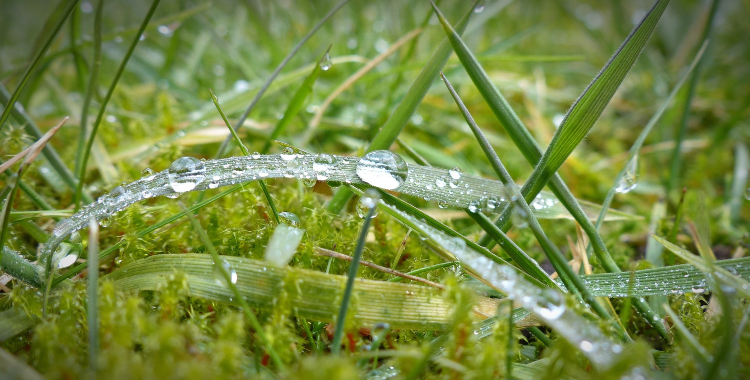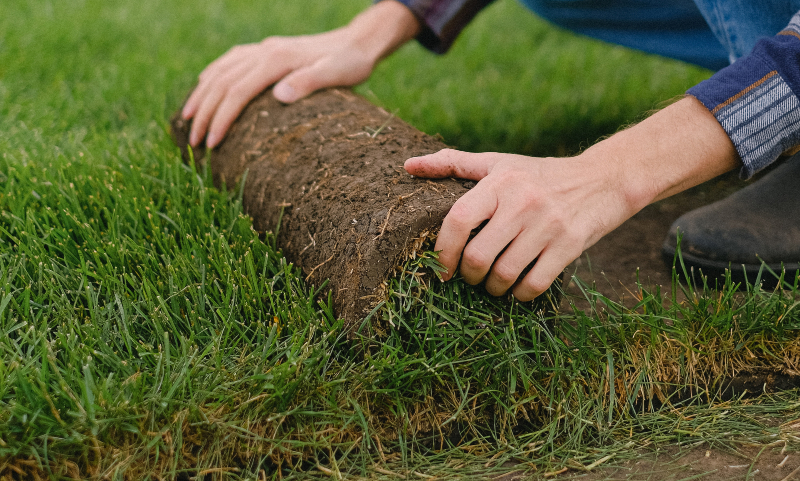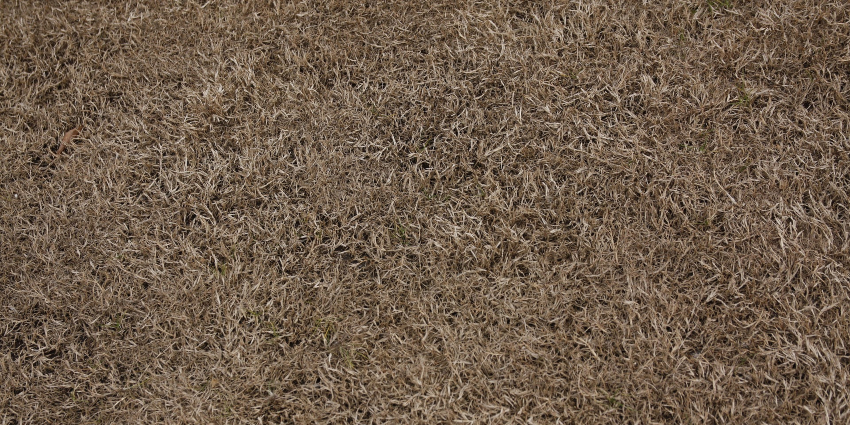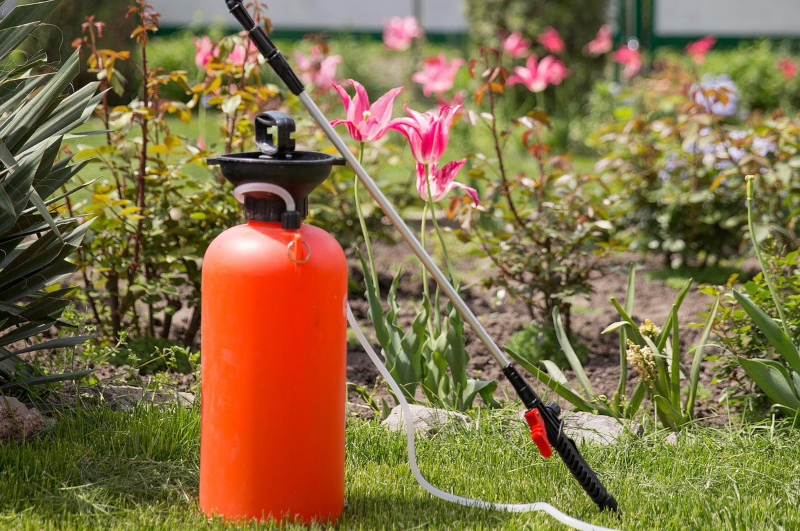
During the winter months, your lawn is at its most vulnerable to moss. The winter weather and lack of sunlight creates damp and shady conditions; this weakens your grass, and also happens to be prime moss growing conditions.
If you suspect that you have a moss infestation on your lawn, it is best to act sooner rather than later. Moss can grow and spread very easily, particularly if your grass is weak.
More...

If your lawn is looking a bit bedraggled and in need of a new lease on life, lawn turfing is a very popular option for the impatient gardener who doesn’t want to wait for seeds to grow.
Although more costly, turfing is a great way to immediately have your lawn looking vibrant and healthy. Lush grass growth has never been so quick or easy!
If you’re considering laying fresh turf on your lawn, you may be trying to decide when you’ll be doing it. It is generally accepted that the best time to lay turf is in autumn – you can read more about that here.
If you don’t want to wait for autumn to roll around again, you may be wondering whether or not you can lay turf in winter.
More...

The unfortunate truth is that no matter how much TLC you give your lawn, when the winter months roll around it just won’t look as good as it looks in other seasons. Winter is cold, damp, and shady, and these conditions aren’t conducive to good lawn health.
One of the most common sights you see in your garden during the winter months is your lawn turning brown. If you’ve found your way to this blog, you’re likely wondering what causes this brownness. If that’s the case, keep reading on to find out!
More...

“I’d really like to see some more weeds in my garden!” said no-one, ever. Weed growth can cause a wide variety of problems, and as such, people dedicate a lot of time and effort working to keep their spaces weed free.
One of the most common problems with weeds is that they ruin the aesthetic and health of your lawn by crowding your plants, competing for space, and taking up valuable nutrients and resources. Some weeds (such as Bermuda grass, bindweed, and milkweed) can be actively dangerous to other plants and animals.
More...

‘Lawn food’ and ‘lawn fertiliser’ are two terms that are often used synonymously, but that doesn’t necessarily mean that they are the same thing.
To be able to answer the question ‘are lawn food and lawn fertiliser the same thing?’, we need to get a more accurate understanding of what they actually are and what defines them.
So, without further ado, let’s get into it!
More...